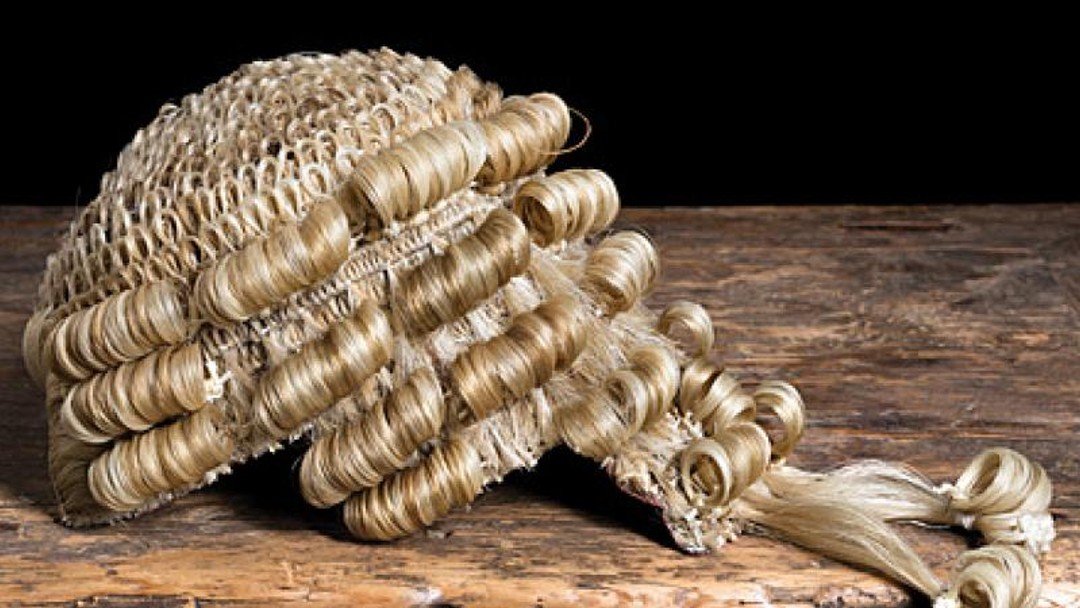Ongoing concerns over low number of solicitors applying for silk

By Sr Duran-Corretjer Duran-Corretjer
Solicitors outside lucrative commercial practice areas still at a disadvantage
A record number of solicitors were appointed QCs in the latest round of appointments, with six taking silk out of the 13 who applied, but these numbers remain low compared with the overall number of applicants, according to the group representing solicitor advocates.
‘While SAHCA of course congratulates the six solicitors who were appointed QCs in the current round, we remain concerned by the comparatively low numbers of applications, and of those applicants being successfully appointed,’ said Will Richmond-Coggan, chair of the Solicitors Association of Higher Courts Advocates.
The Pitmans partner said the group would continue to work with QC Appointments Commission ‘to address actual and perceived barriers to applications for solicitors’.
Richmond-Coggan also pledged that SAHCA would continue to provide practical support for members wishing to put themselves through the application process.
All six solicitors who were successful are commercial litigators at large City firms – and all of them men – an outcome that suggests solicitors in smaller or regional firms still face significant practical hurdles.
In 2015, the then SAHCA chair, Shaun Williams, talked about ‘continuing concern about the disadvantages that solicitors as a whole suffer when putting themselves forward for recognition by the appointments panel’.
Commenting on the fact that all five solicitors that year were international arbitrators, Williams said this would ‘scarcely encourage all of the other very able and capable solicitor advocates, practising in the diverse range of challenging fields which exist across the legal spectrum, to throw their hat into the ring in future years’.
These concerns persist, according to Richmond-Coggan, who said in response to the latest appointments that solicitors who would like to apply for silk face a range of challenges.
‘Some find that their firms are not supportive of their intention to apply, not perceiving a business value to having a silk within their ranks,’ he told Solicitors Journal. ‘For those, or for sole practitioners, the costs of applying can be prohibitive, particularly for those advocates working in fields outside of well-remunerated areas such as international arbitration.
‘Another challenge is that the diversity of an average solicitor’s practice is such that they get less court time than their counterparts at the Bar. Thus they can perceive, wrongly as it happens, that they will not have the range of work necessary to support their application.’
For solicitors interested in becoming QCs, the key it to plan ahead, according to the SAHCA chair. ‘It is important to build up a portfolio of good quality work. There needs to be court work or other oral advocacy in there, but written advocacy also has its place. A prospective applicant should be laying the groundwork 18 to 24 months before they make their application.’
Only one woman solicitor was present on the list of appointees, Marcia Willis-Stewart, who was made an honorary QC. The legal aid lawyer and managing partner at Birnberg Pierce represented the family in the Duggan inquest and led a team of over 30 lawyers representing 77 of the Hillsborough families. Willis-Stewart was named Legal Aid Lawyer Public Law Solicitor of the year in 2015.
Helen Pitcher, the outgoing chair of the selection panel, said: ‘We are pleased that the number of women applying and being successful continues to rise, and that the proportion of women amongst those appointed is at its highest level ever.'
But, repeating her concerns last year about the 'stubbornly law' number of women applicants, Pitcher continued: ‘However, we would still like to see more women apply. We have commissioned research to see whether there are barriers which may deter well-qualified women from applying. QCA expect to publish that research later this year.’
The overall number of solicitors taking silk has gone up over the past five years. Only eight were appointed between 2008 and 2013. None in 2012, one in 2013, five in 2014, five again in 2015, three last year, before this year’s record number of six.
As a proportion of solicitor applications however, the trend is more haphazard. A high water mark was reached in 2014/15, where five of the nine solicitor applicants were appointed, representing 55.5 per cent of solicitor applicants, 4.04 per cent of all applicants and 5.38 per cent of all appointees.
While the number of solicitors applying has gone up – from two in 2011/12 to 13 this year – the overall number of applicants has fluctuated over the same period – between 214, reaching a low of 183 the following year, and peaking this year at 254. Overall, the highest number of applications came the year after the QC Appointments Commission was founded: 443 in 2006/7.
Jean-Yves Gilg is editor-in-chief of Solicitors Journal
jean-yves.gilg@solicitorsjournal.co.uk | @jeanyvesgilg